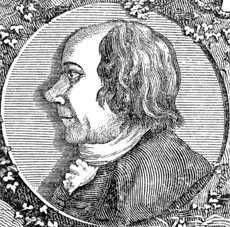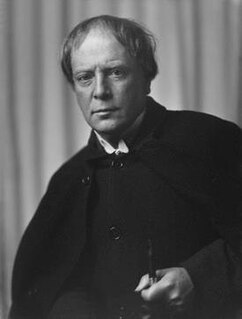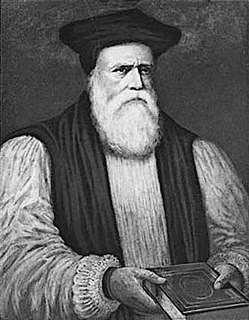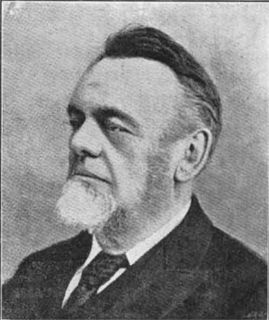 W
WAnn Lorraine Davies known as Ann Lindsay was a British actress and translator.
 W
WDr John Davies, Mallwyd was one of Wales's leading scholars of the late Renaissance. He wrote a Welsh grammar and dictionary. He was also a translator and editor and an ordained minister of the Church of England.
 W
WThomas Huet was a Welsh clergyman and translator of the Bible.
 W
WWilliam Jones was a Welsh antiquary, poet, scholar and radical. Jones was an ardent supporter of both the American and French Revolutions – his strong support of the Jacobin cause earned him the nickname "the rural Voltaire" or "Welsh Voltaire". Despite his support for foreign revolutionary causes, he never advocated an uprising within his own country, instead campaigning to encourage his countrymen to emigrate to the United States. Jones held strong anti-English feelings, which led to one contemporary to describe him as "the hottest arsed" Welshman he had ever known.
 W
WArthur Machen was the pen-name of Arthur Llewellyn Jones, a Welsh author and mystic of the 1890s and early 20th century. He is best known for his influential supernatural, fantasy, and horror fiction. His novella The Great God Pan has garnered a reputation as a classic of horror, with Stephen King describing it as "Maybe the best [horror story] in the English language." He is also well known for "The Bowmen", a short story that was widely read as fact, creating the legend of the Angels of Mons.
 W
WMoelona was the pen-name of Elizabeth (Lizzie) Mary Jones, a Welsh novelist and translator who wrote novels for children and other works in Welsh.
 W
WWilliam Morgan was Bishop of Llandaff and of St Asaph, and the translator of the first version of the whole Bible into Welsh from Greek and Hebrew.
 W
WEdward Owen was a Welsh Anglican priest, headmaster and translator.
 W
WMary Catherine Pendrill Llewelyn, née Mary Catherine Rhys was a Welsh writer and translator.
 W
WEleazar Roberts, sometimes also spelt Eleazer, was a Welsh musician, translator, writer and amateur astronomer. Roberts's family moved to Liverpool in England while he was an infant, but despite this he retained a strong link to his country of birth and was a fluent Welsh speaker. He wrote for several Welsh journals and travelled Wales setting up music classes. He is most notable for pioneering the tonic sol-fa method of sight-singing in Wales, which in turn led to the strengthening of the practice of congregational singing.
 W
WWilliam Williams, Pantycelyn, also known as William Williams, Williams Pantycelyn, and Pantycelyn, is generally seen as Wales's premier hymnist. He is also rated as one of the great literary figures of Wales, as a writer of poetry and prose. In religion he was among the leaders of the 18th-century Welsh Methodist revival, along with the evangelists Howell Harris and Daniel Rowland.